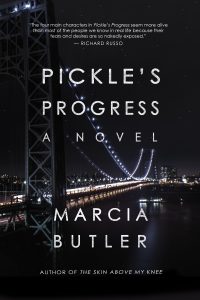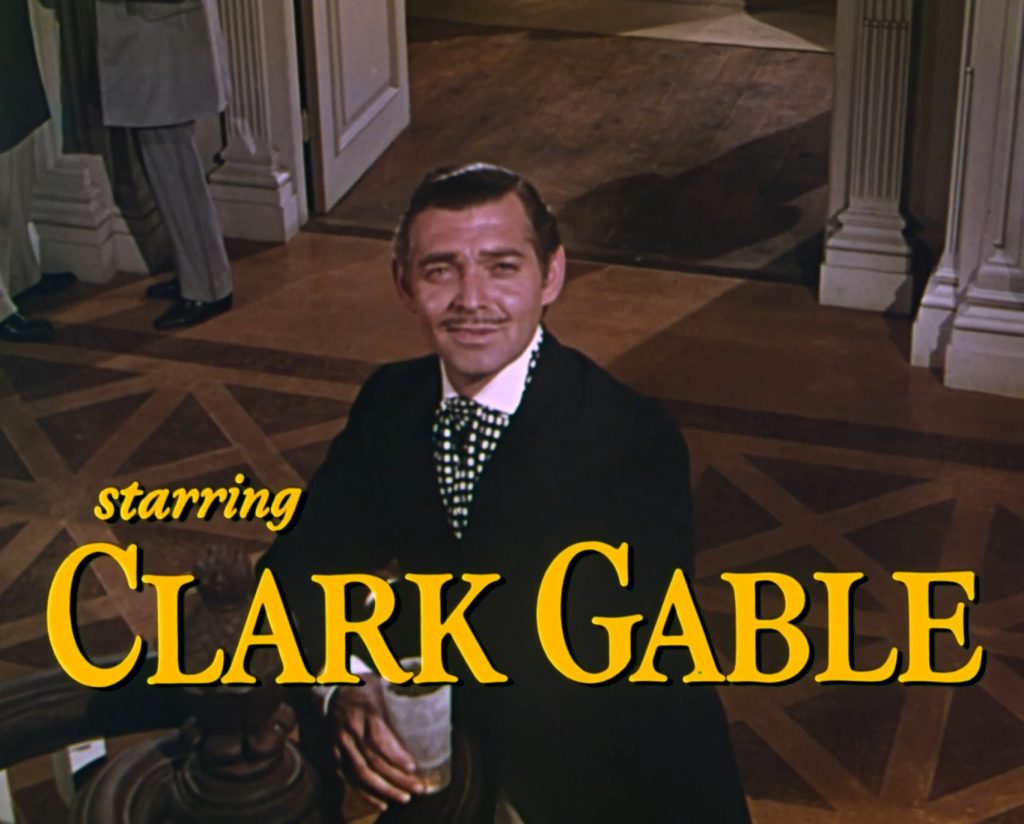
A soulless marriage – implications for the soul of a city and a nation (Manhattan, presumably present day): Mammon is a word art and architecture critic for The Washington Post Philip Kennicott used to characterize Manhattan’s newest, “hated” architectural behemoth, Hudson Yards, writing it “exacerbates the worst tendencies of a city that seems hellbent on erasing anything distinctive or humane in its built environment.”
Mammon is a perfect word to summarize how you’ll feel about Marcia Butler’s three flawed, unhappy, coarse characters who make up an entangled marriage trio: an unlikable couple, Karen and Stan McArdle, and Stan’s identical-looking twin brother Pickle. They’ll get under your skin in this sizzling debut novel.
I looked up the meaning of mammon – intensifying greed and wealth to a debasing influence – but didn’t have to since the Pulitzer-Prize winning journalist goes on to equate it to a vulgar mess. Like the trio.
You don’t have to like these characters to like what Butler has crafted. In fresh prose, she shows a vivid knowledge of Manhattan infused with her range of music and art sensibilities. Prose she contrasts with sarcasm, exasperation, anger, deceit to depict stuck, caustic, conflicted, hungry characters. Pickle is the most excessive abuser of profanity, but they’re all debased in one way or another, challenging us to examine what lies beneath all this vitriol?
The married McArdles are crass and deeply troubled but work as a power couple in a powerhouse city. An upper-class architectural team catering to rich New Yorkers, whose firm is cleverly located in the Lipstick Building, named for its shape, now infamously known as the place where Bernard Madoff ripped off billions in a scandalous Ponzi scheme.
For a city on the verge of losing the unique character of many beloved neighborhoods, a lost marriage serves as a microcosm for what many lament is a vanishing city. Greed and wealth hellbent on erasing iconic historical buildings and places, forcing out immigrants, minorities, artists who gave these neighborhoods so much color and individuality, to erect colossal, sterile environments. The novel is a voyeuristic view of a broken marriage that comes with a warning about the pervasiveness and perniciousness of excessive greed and wealth.
Pickle’s Progress reads like the work of a seasoned author. Butler is an accomplished artist in other art forms: lauded classical musician (oboe), interior designer, memoirist (The Skin Above My Knee), and documentarian whose film The Creative Imperative is due out in June. Her novel transfers these themes to a different art form.
Classical music helps Karen intuit the moods of a fourth key character: distraught, depressed Junie, who complicates these already compromised people and relationships. An emotional wreck, for an explicit reason unlike the others.
Junie is part of the dramatic opening scene: a car accident on the George Washington Bridge intersects with a suicide. Stan was driving, Karen beside him. Both drunk (as usual) and arguing (as usual) about a dinner party in New Jersey with friends they no longer had anything in common with. (They’re raising children, thankfully Stan and Karen are not, overly preoccupied with themselves and their competitive business.) Getting out of the car to inspect the damage, they spot a young woman (Junie) looking horrified on the bridge’s walkway. Her boyfriend has just jumped over the bridge. This is the moment their sad worlds collide.
Karen insists helpless Junie temporarily move in with them, into the upscale-decorated basement/garden level of their four-story architectural beauty, a brownstone on the posh Upper East Side. “Sneaky” and “pushy,” Karen seizes on the idea of having Junie buffer their bitter marriage knowing full well her presence will agitate an already agitated Stan. Junie ends up consenting, soon borrowing their classical musical collection, which resounds to the kitchen-level floor, further stressing out Stan.
But first Stan must call Pickle to fix things (as he’s done since childhood) before the police show up and discover he’s drunk. Pickle will rescue him, as a veteran of the NYC police force. Arriving in minutes, you might assume these twins are close. How could they be when their mother made sure Pickle never overshadowed her blatantly favored son who needed protecting. No accident Pickle opted for a gritty job protecting New Yorkers, a far cry from Stan’s uppity circle.
Childhood influences and abuse are essential to unraveling a trio mixed up in secrets and egregious behaviors debasing themselves. Disentangling this messy, sorry crew makes for fascinating character studies, open to interpretation. How did they get to the unwanted places they all find themselves in?
If it weren’t for reviews of the author’s memoir about her abusive childhood, we might not pay close enough attention to its impact on Pickle’s and Karen’s life, victims of reneged parental responsibilities and chronic abuse.
All three were raised by single-parents. The brothers by a conniving mother. Karen by a despicable father; a mother who deserted her and her younger sister. Both parents left indelible marks. Pickle has a hidden, softer side he barely shows, masked by his crudeness and slovenliness. Karen, a “cold strategist,” is “fiercely devoted” to her mother’s mantras to “always, always, go for the money” and “be beautiful.”
That she is, looking ten years younger than her forty-two-year-old self. Stan is somewhere in mid-life. A mistake to chalk up his crisis to a mid-life one. Tormented by demons, for starters he needs treatment to ease his obsessive-compulsive personality disorder. Karen leaves creative design to temperamental “genius” Stan, runs everything else, making Stan look much better than he is. Abnormally fixated on organizing his life down to color-coordinating his socks and outfits, spices lined up in the kitchen, he’s unable to function in chaos, ironically causing it. We don’t feel empathy for him, maybe we should, but he’s so downright oppressive and irritable with everyone and couldn’t care less.
Even The Doodles – a gorgeous, impossible-not-to-love, very expensive, designer dog breed can’t find love from his unloving owners, so he quickly attaches to Junie. Dogs know when they’re not loved.

An interesting element aids the plot:the topic of identical twins. Stan and Pickle share “Clark Gable” movie-star looks. Might that confuse one’s sexual attractions?

Butler further ups the ante with the trio’s dangerous real estate arrangement, yet to materialize but festering. Pooling their funds, all own a share of the coveted brownstone. Not a fair playing field on a policeman’s salary, but life hasn’t been fair to Pickle. (He deserves the title’s namesake.) He’s supposed to move into the upper two floors but Karen keeps stalling on the renovations. Perhaps Junie is another delay tactic? Why?
Pickle is not at all happy about waiting around (Stan seems oblivious) once Junie moves in, uncharacteristically attracted to her. He being a one-night-stand kind of guy, hardened for fragile Junie who seems childlike, not twenty nine years old, though she appreciates fine art and music. Pickle perceives her as “pristine,” as if she’ll wipe his slate clean.
The novel reads as if we’re watching a sobering movie involving a train wreck we sense is coming if things don’t drastically change. They do, but not how we expected.
Odd but revealing, the couple binge watch another family soap opera, Dallas. Beautiful, seductive actors and actresses starred in that long-running TV show that spanned the late 70s/80s/early 90s, revitalized in 2012. Seems we can’t get enough of the lust that has transformed too much of the city. A melancholy ode begging to preserve as much of its character left.
Can these characters be saved? Is Pickle’s progress a “breakdown or a breakthrough”? Will America breakdown or breakthrough in 2020?
Lorraine
Great review! Please check out my podcast featuring Marcia Butler and “Pickle’s Progress”: Soundcloud: https://soundcloud.com/wctvpodcasting/book-stew-ep-68-marcia-butler?in=wctvpodcasting/sets/book-stew
Hi Eileen,
Thanks for finding me, and introducing readers to your podcast. Enjoyed hearing Marcia Butler discuss her inspiration for the novel, description of it as a “wild ride,” her love of the writing process. So glad you liked the novel as much as I did, and cited some of Butler’s evocative prose that gives insight into the emotions of these vulnerable, complex characters. The author’s reading of Pickle’s ride to his partner Lance’s home in Douglaston, Queens that led into Pickle’s early childhood reminded me of how authentic those passages were as I lived in Douglaston in my early childhood and so did my dear grandmother!
Since posting the review I’ve read reader comments on Goodreads — so interesting the diversity of views I think because these are such unlikable characters. But as the author says in your terrific interview she wanted to give them some balance — hence the striking difference between the beautiful narrative prose and the profane dialogue. Which is why the novel is ripe for book club discussions.
Look forward to your letting me (and readers) know again when you interview another author whose book is reviewed here. Lorraine